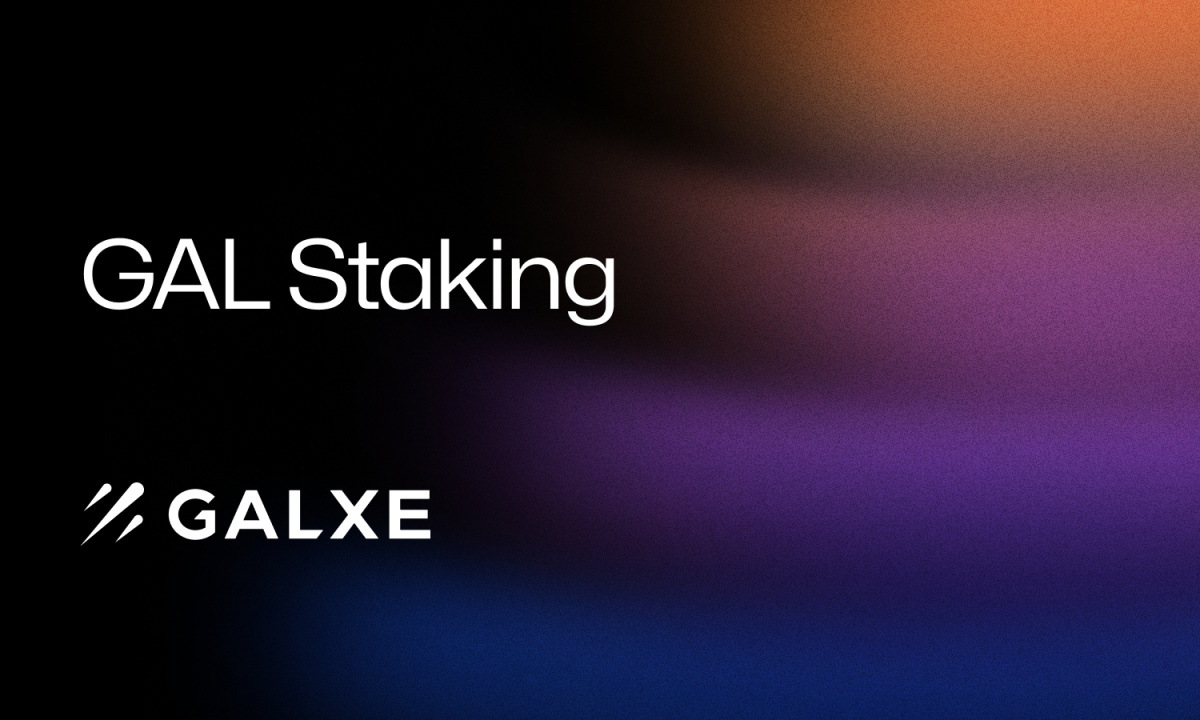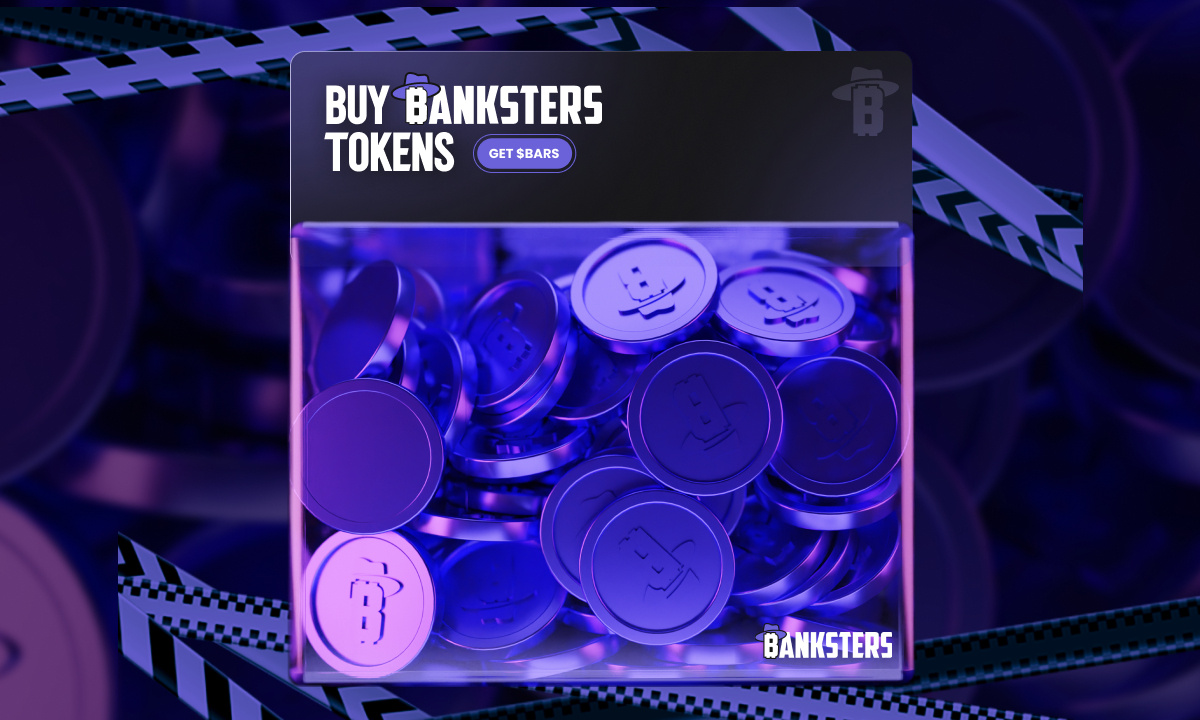Binance CEO Is Warning Recent Phishing Scam Via SMS

Binance CEO CZ has alerted a crypto scam method that threatens Binance users recently via his Twitter.
“There is a massive Phishing scam via SMS with a link to cancel withdrawals,” he said, “It leads to a phishing website to harvest your credential as in the screenshot below.”
Phishing scam is no longer a strange method of fraud. Fraudsters use email or text messages to trick you into giving them your personal information. They may try to steal your passwords, account numbers, or Social Security numbers. If they get that information, they could gain access to your email, bank, or other accounts. Fraudsters launch thousands of phishing attacks like these every day — and they’re often successful.
Fraudsters often update their tactics, but there are some signs that will help you recognize a phishing email or text message.

Phishing emails and text messages may look like they’re from a company you know or trust. They may look like they’re from a bank, a credit card company, a social networking site, an online payment website or app, or an online store. Phishing emails and text messages often tell a story to trick you into clicking on a link or opening an attachment. Please be careful before clicking on any links sent by strangers.
DISCLAIMER: The Information on this website is provided as general market commentary and does not constitute investment advice. We encourage you to do your own research before investing.
Join CoinCu Telegram to keep track of news: https://t.me/coincunews
Follow CoinCu Youtube Channel | Follow CoinCu Facebook page
Hazel
CoinCu News



















